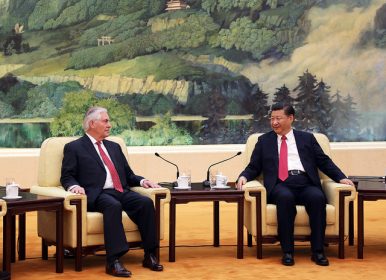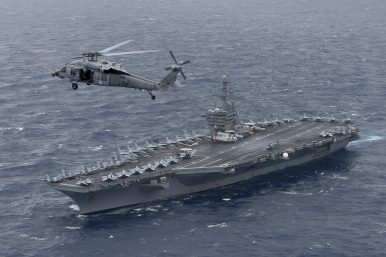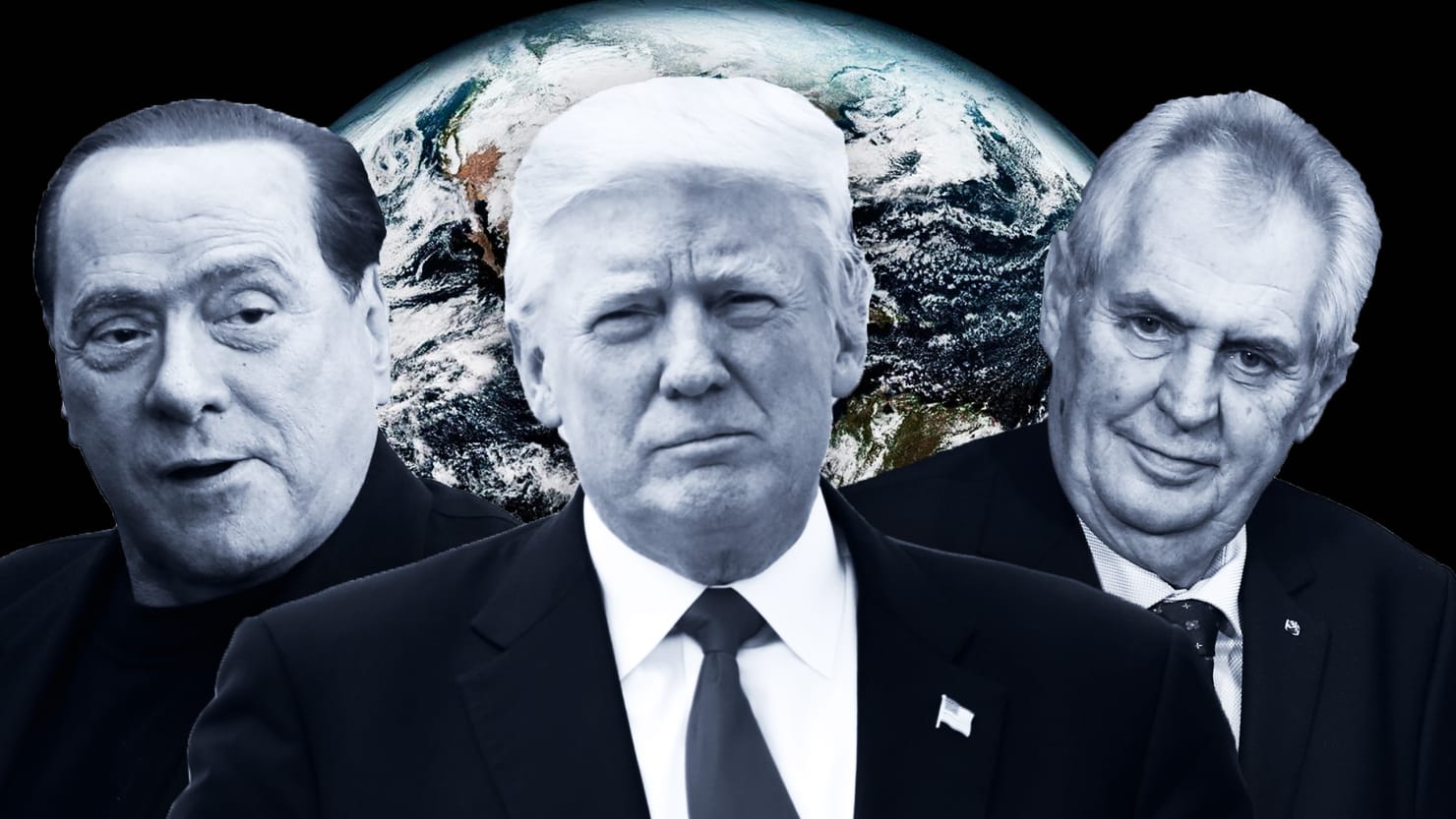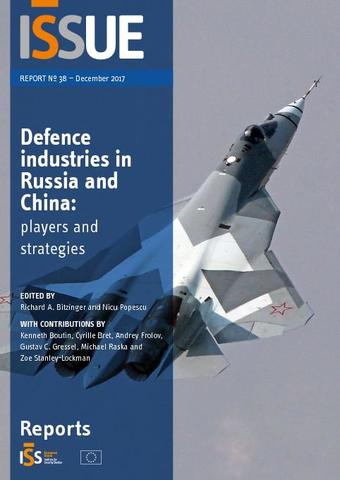By Anthony H. Cordesman
President Trump's new National Security Strategy (NSS) deserves careful attention, particularly by America's allies and strategic partners and by those who deal with everything the President says or issues in terms of knee jerk criticism. It is a document that President Trump reviewed and altered in some depth and that represents his views—rather than a bureaucratic compromise. At the same time, it both expands on the classic themes of U.S. strategy—rather than rejects them—and commits the U.S. to playing its traditional role in leading the free world.
"America First" Means International, Not Isolation
One of the most critical aspects of the document is its definition of "America first"—one which clearly rejects the isolationism of those who first used the term, and rejects the denial of America's overseas role that some around the President advocated before he appointed his present national security team. It directly addresses both America's need to remain committed overseas and deal with competition from Russia and China:




/arc-anglerfish-arc2-prod-mco.s3.amazonaws.com/public/7SHUT6DJ7JEXHAIY2GHUSNTP3E.jpg)









/arc-anglerfish-arc2-prod-mco.s3.amazonaws.com/public/UXZP2OV3FNEUFIARX5UF7TTFQM.jpg)